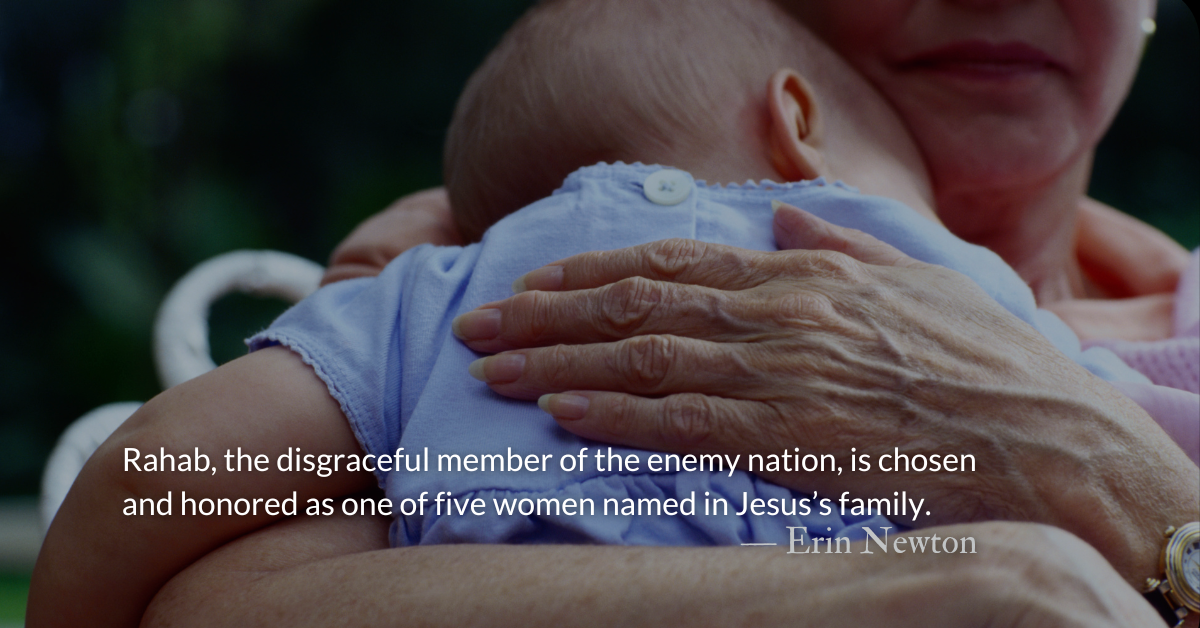Links for today’s readings:
Read: Joshua 3 Listen: (2:45) Read: Romans 16 Listen: (3:30)
Scripture Focus: Joshua 3.14-17
14 So when the people broke camp to cross the Jordan, the priests carrying the ark of the covenant went ahead of them. 15 Now the Jordan is at flood stage all during harvest. Yet as soon as the priests who carried the ark reached the Jordan and their feet touched the water’s edge, 16 the water from upstream stopped flowing. It piled up in a heap a great distance away, at a town called Adam in the vicinity of Zarethan, while the water flowing down to the Sea of the Arabah (that is, the Dead Sea) was completely cut off. So the people crossed over opposite Jericho. 17 The priests who carried the ark of the covenant of the Lord stopped in the middle of the Jordan and stood on dry ground, while all Israel passed by until the whole nation had completed the crossing on dry ground.
Reflection: Over Jordan
By John Tillman
Crossing the Jordan has been a spiritual metaphor for centuries, but it took special meaning for slaves in the American South. It symbolized an escape from slavery, shelter in place of homelessness, and fruitfulness in place of a barren desert.
In the story of Israel’s failure to enter due to fear, and their return in faith after wandering for 40 years, the Jordan symbolizes a place at which faith and courage are required.
In the story of the transition from Moses to Joshua, from Elijah to Elisha, and from John the Baptist to Jesus, the Jordan symbolizes a change in leadership.
And of course, the Jordan represents entering the promised land, with Canaan standing in as the eternal land we are destined for in Heaven.
On one side of the river is the desert, the unforgiving land, the land of trials, the land of sin, the land of rebellion, the land of suffering.
On the other side of the river is the land that is promised, the land of blessing, the land of freedom, the land of rest, the land of satisfaction and plenty.
The Jordan also represents the final crossing of death—both a time of judgment and a time of cleansing. For Christians, the waters of the crossing hold no terror. We do not enter them alone. Someone else marches in with us. His nail-pierced feet touch the waters and they pile up, inviting us to cross without muddying our clothes.
We cross the Jordan not with priests carrying the Ark of the Covenant, but with Christ, our High Priest. When we cross over the Jordan with Christ, the land has no enemies to be defeated. It has no cities to march around and no battles to be fought. For, there too, Christ has gone before us, preparing a place for us. It is there that we will be fed by the tree that grows in the river that comes from the throne of God. It is there that we will take from that tree healing for the nations.
“Our home is over Jordan.” It is over Jordan that our tears will be wiped away.
Music: “Our home is over Jordan.” “Deep River” — Marian Anderson
Divine Hours Prayer: The Call to Prayer
Search for the Lord and his strength; continually seek his face. — Psalm 105.4
– Divine Hours prayers from The Divine Hours: Prayers for Summer
by Phyllis Tickle
Read more: Healthy Patriotism
Rarely are nations totally evil or good…Healthy patriotism, like healthy Christianity, celebrates good while lamenting and resisting evil.
Read more: Jeremiah, the Unpatriotic Prophet
The most patriotic thing Christians can do is see the problems of our nation and speak the gospel to them.





